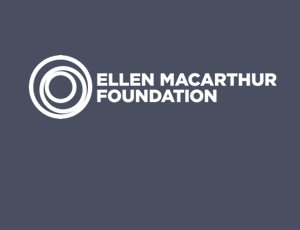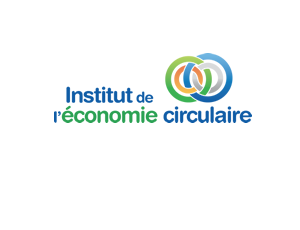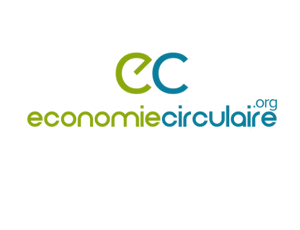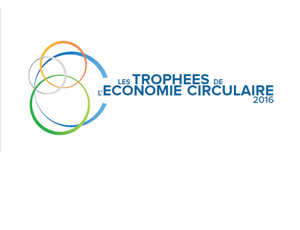The circular economy has a sustainable character: waste becomes wealth and a resource. 90% of SEDE's activities are at the heart of this concept.
The circular economy is an economic model based on, as the Institut of the Circular Economy points out, the functioning of natural ecosystems.
Definition of the Institut "Economie circulaire" :
What can be considered, in the linear economy, as waste whose only outcome is to be buried or incinerated, may in the circular economy still have multiple lives.
SEDE's business lines cover all the loops of the biological cycle of the circular economy.
This may involve composting, digestion, but also the extraction of fertilisers (Nitrogen, Phosphorus), etc. These activities are aimed at returning to the soil nutrients contained in sludge, urban and industrial organic waste, in order to valorise them.
Examples of circular economy :
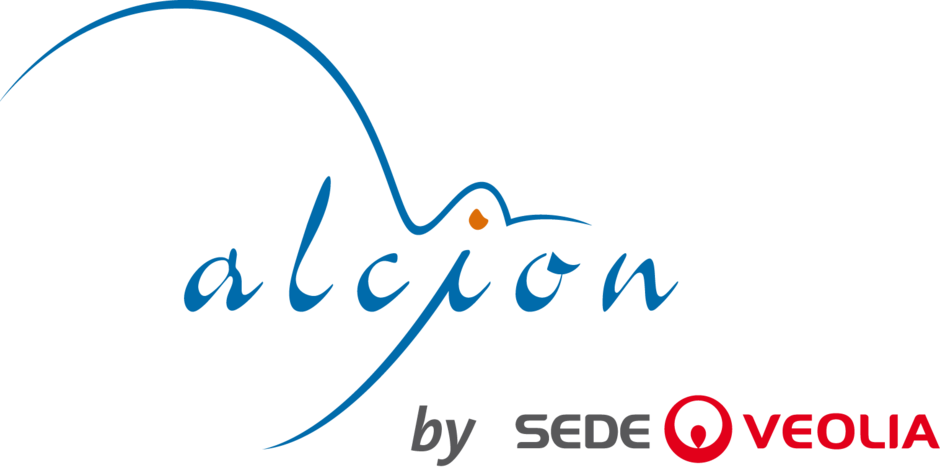
Alcion Environnement recovers chemical substances from industrial discharges.
SEDE's subsidiary, Alcion Environnement, specialises in air treatment and the recovery of chemical products and/or by-products contained in aqueous or gaseous effluents, using technologies to obtain recycled chemicals, that can be integrated into the circular economy.
Alcion Environnement has developed two processes :
- ValeCarb : process for recovering CO2 from wine fermentation and digestion processes.
- ValeAz : a patented process for upgrading ammonia contained in gas scrubber purges from composting sites, digestates or industrial effluents.
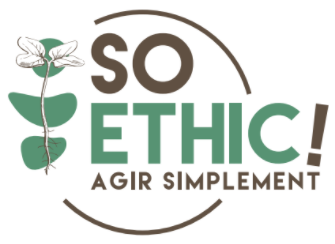
"SO ETHIC !", a subsidiary born of the partnership between Bioplasmar and SEDE.
"SO ETHIC !" manufactures planting pots that are totally biodegradable in the soil, from compost and plant residues, using an innovative process.
With these innovations, we are also active in the operation of plants as well as in the marketing of chemicals on behalf of the customer. Our intent is to help the industry limit the cost of disposal by reducing or recovering industrial discharges on-site.
What the Institute says about the Circular Economy
Lost material becomes raw material
The so-called "circular" model is opposed to the better known “linear” development model. This latter consists in extracting raw materials / producing goods / consuming them and thus / generating waste.
This model has enabled our society to achieve material prosperity. But our consumer society is now reaching its limits, as our levies on natural resources already far exceed the earth's ability to renew or replenish them.
Official definition of the circular economy
The circular economy is based on 3 areas of action and 7 pillars, shown below.
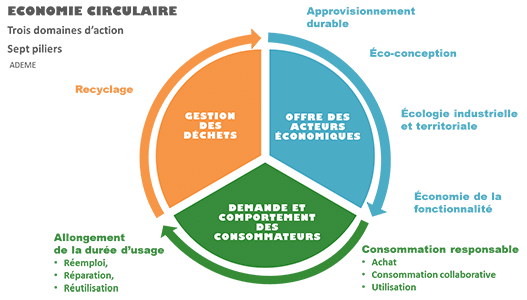
According to ADEME :
The circular economy is an economic system of exchange and production which, at all stages of the life cycle of products (goods and services), aims to increase the efficiency of resource use and reduce the impact on the environment, while allowing for the well-being of individuals.
The more comprehensive United Nations definition states that "the circular economy is a system of production, exchange and sharing that allows social progress, the preservation of natural capital and economic development as defined by the Brundtland commission.
Its ultimate goal is to achieve a decoupling of economic growth from depletion of natural resources through the creation of products, services, business models and public policies, taking into account all the flows throughout the life of the product or service.
A new cleaner driver for our economy
The circular economy is based on an optimum use of resources and the creation of positive value loops. It focuses on new modes of design, production and consumption, the extension of the useful life of products, along with the reuse and recycling of their components.
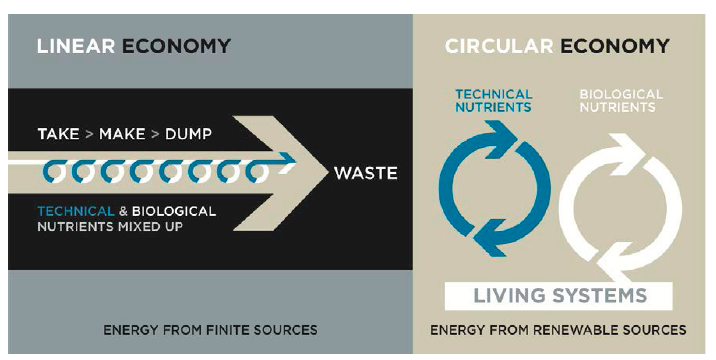
According to a 2015 study by the Club de Rome, the circular economy could generate 500,000 jobs, +2.5% of GDP and reduce greenhouse gases by 66% in France.



